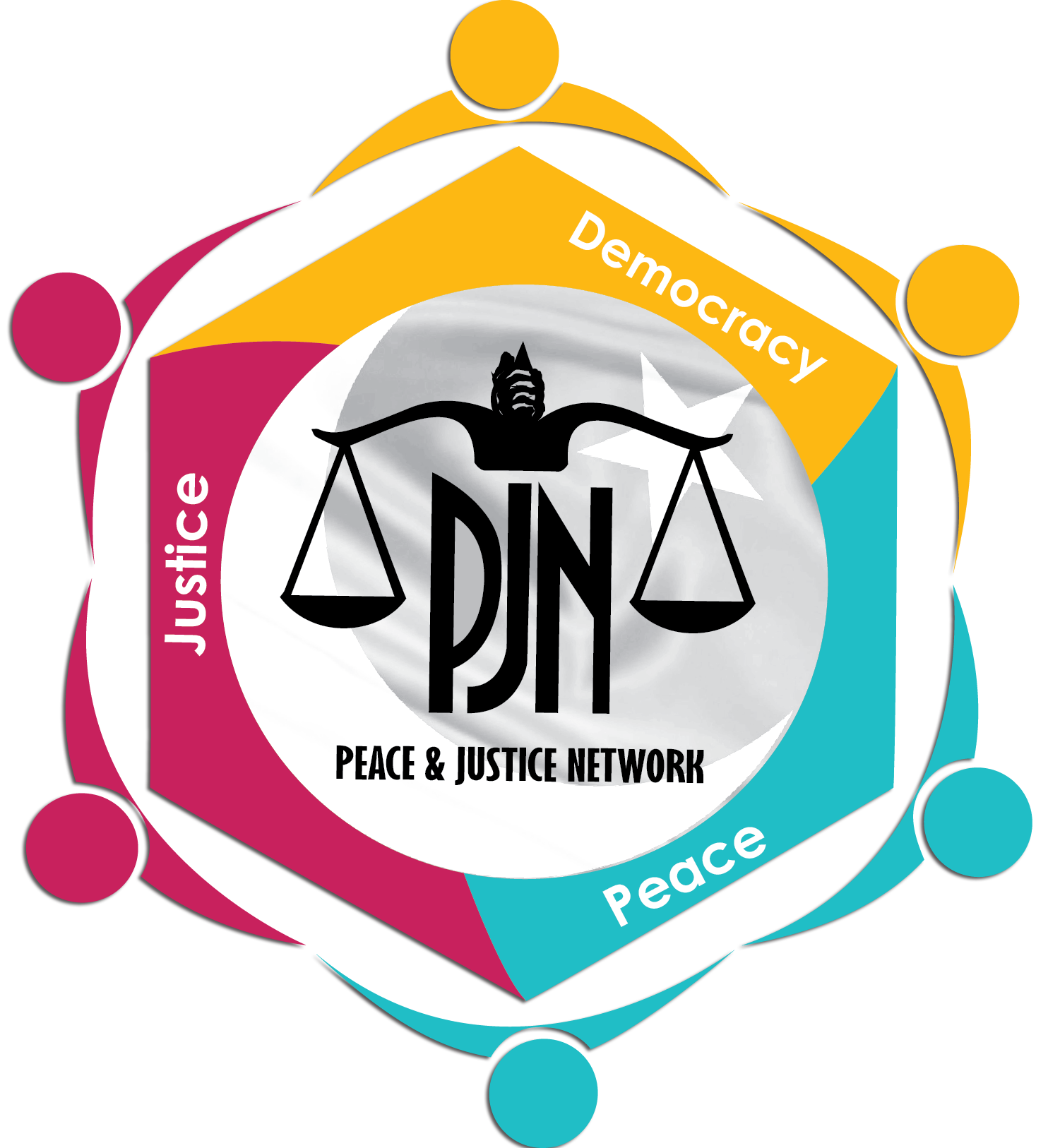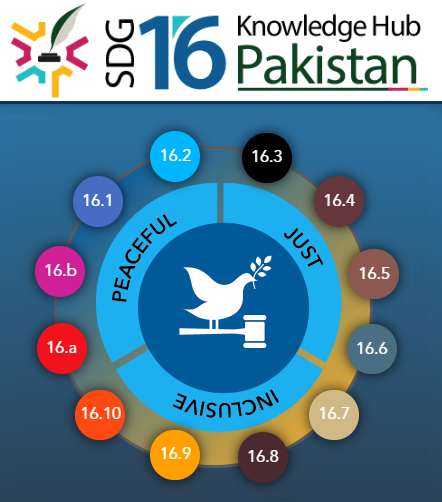

International Day for Judicial Well-being: A Global Call for Action (4 Mar, 2025)
Pakistan Ranks 129 out of 142 in the World Justice Project Rule of Law Index (26 Oct, 2024)
2024 Trafficking in Persons Report: Pakistan (24 June, 2024)
Pakistan ranks second-last in WEF Global Gender Gap Report 2024 (7 Mar, 2025)
Privacy - A missing fundamental right in Pakistan

Sun, October 21, 2018
Privacy is one fundamental right which is missing in the constitution of Pakistan. It is an astonishing fact that no attention has been paid in this direction by champions of human and digital rights. Chapter II of Constitution of Pakistan of 1973 dwells upon fundamental human rights. These are buttressed through another constitutional Article 8 (5), which states that "[t]he rights conferred by this Chapter shall not be suspended except as expressly provided by the Constitution." In Pakistan no official document like passport, driving license, sales purchase agreement or income tax number, is issued without sharing personal information of National Identity Card. It is a unique ID but it is fraught with dangers of breach of privacy of individuals.
Issue of privacy was decided in USA much earlier. While adjudicating about a case Katz Vs United States in 1967, US Supreme Court mentioned that right to Privacy is inherent part of the Fourth Amendment which states that “The right of the people to be secure in their persons, houses, papers, and effects, against unreasonable searches and seizures, shall not be violated, and no warrants shall be issued, but upon probable cause, supported by oath or affirmation, and particularly describing the place to be searched, and the persons or things to be seized.” The court decided that right to privacy is not limited to private place but it is applicable where intent of a person to keep himself private even in an area accessible to public.
Europe is grappling with Guidelines for Data Protection Rights (GDPR) and issues of protection of data are interlinked with right to Privacy in Europe. In United Kingdom also, the right to Privacy is subjected to limits of law as, depending upon case to case basis, community’s security is considered higher value than privacy. In the Indian constitution, right to privacy is not recognized but in a recent judgement of Supreme Court of India in Justice KS Puttaswamy Vs Union of India, on August 24, 2017 it was decided that "Right to Privacy is an integral part of Right to Life and Personal Liberty guaranteed in Article 21 of the Constitution,"
On the other hand, there is a concept of limitations on privacy in public. In United States Vs Knotts (1983), US Supreme Court held that a person moving in an automobile on a thoroughfare has no expectation of privacy and further allowed that the Police using electronic beeper to track Knotts vehicle suspicious of being involved in narcotics cases.
However, none of these precedents and debates on privacy in public has even started in Pakistan yet, despite our international obligations under ICCPR. Pakistan has signed and ratified the International Covenant on Civil and Political Rights in 2010. Article 17 of the ICCPR states that "no one shall be subject to arbitrary or unlawful interference with his privacy, family or correspondence." Through this Pakistan has committed to protect other intrinsic rights such as freedom of expression and freedom of association.
In this scenario, it is clear that right to Privacy is accepted in the developed world and even the less developed countries like India are making headway in that direction. In Pakistan, however, there is another important development which necessitates recognition of this right sooner than later. Lahore is the first Safe City Project after Islamabad where public spaces are brought under surveillance with the help of 8000 cameras. These cameras are also equipped with Artificial Intelligence and have functions like facial recognition and vehicle tracking on the basis of category of vehicle or vehicle registration number plate. These advanced systems have the capability to track the individuals, record and transmit that data to be used by others for more than one purpose for extended period of time. Although PSCA has developed clear data protection Policies and perhaps the first Privacy Policy which is publicly available, however, there is a need to do more! There are thousands of cameras being operated by private individuals and companies which are placed in public spaces and enormous amount of data is being captured without any permission from any public regulatory body of the government. There is no law or constitutional provision which prohibits installation of data capturing and storage in public spaces by private individuals and entities unlike other countries in United Kingdom and Turkey.
It is important that the right to privacy is also included in the fundamental rights as enshrined in the constitution and any violation of this right should be taken seriously. Famous Article 184 (3) of the Constitution empowers the Supreme Court of Pakistan to take suo moto action for protection of these rights. Whereas it requires a wholistic regime for recording, preserving, handling and sharing of data on the lines Electronic Evidence Data Regulations 2016 of Punjab Safe Cities Authority, it is important that wherever the public surveillance systems are installed e.g. Islamabad, Gilgit, Karachi and other cities, these guidelines are followed and protection of data and protection of privacy rights are given due importance.
The writer is founding Chief Operating Officer of Punjab Safe Cities Authority and an Alumnus of Harvard Kennedy School, USA. He is amicus Curie on Traffic Management issues for Lahore High Court.
Copyright © 2026 pjn.org.pk








